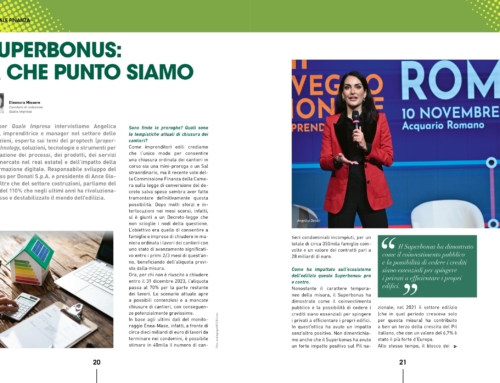The Association of Women in Property, the UK-based national organisation that seeks to enhance the profile of women in the construction and property sectors, recently held a proptech event, when five companies – Datscha, District Technologies, Dalux, Placemake and Proda – showcased their approach.
Michelle Kershaw, Chairman of the South East branch talked to event Chairman, Angelica Donati, in an interview published in the WiP newsletter.
Great turnout tonight at the @WiPseast #proptech event at @kingstonsmith – thank you to our speakers for being such great sports about the #poweroutage a d making do without your decks @DatschaUK @DaluxAps @get_district #placemake #proda pic.twitter.com/dzsXmHXMOh
— Angelica K Donati (@angiekdonati) December 4, 2018
What inspired you to look at proptech?
It was around the time of the Brexit vote. In the months following the referendum I became convinced that this was the right time to start working on something countercyclical. Proptech drew me because it was clear that there are a lot of inefficiencies to be fixed in the way we build and manage real estate and the built environment, and that fixing them was soon going to become of great importance.
Why do you think the industry should pay more attention to proptech?
Quite simply because if they don’t, their future is at risk. The real estate sector is not impermeable to big tech companies looking to diversify into it. Amazon’s purchase of a modular home builder, or Google’s Sidewalk Labs’ urban innovation program in Toronto are only the beginning. In construction, margins are so small and inefficiencies so great, that there are many simple ways that technology can help implement “quick wins” in the value chain. If sector incumbents don’t embrace innovation, they will become obsolete.
What do you believe are the main barriers to proptech?
There are several. First, real estate and construction are steeped in tradition, pushing back against change. Second, fragmented portfolios of physical assets are much harder to tech-enhance than, for example, the financial services industry. But the biggest barrier of all is data. Even when it is available, there is no standardisation and so a lot of it is “dead”. The challenge then is not just to collect it but to find ways to use and share data that already exists.
Do you think there is more the industry and government can do to assist?
Going back to the point on data, the only way a standard can be set is if the major stakeholders (in government and industry) lay out the terms for a common language and achieve a broad buy-in. Education also plays an important role, as does regulation that incentivises the adoption of technology.







